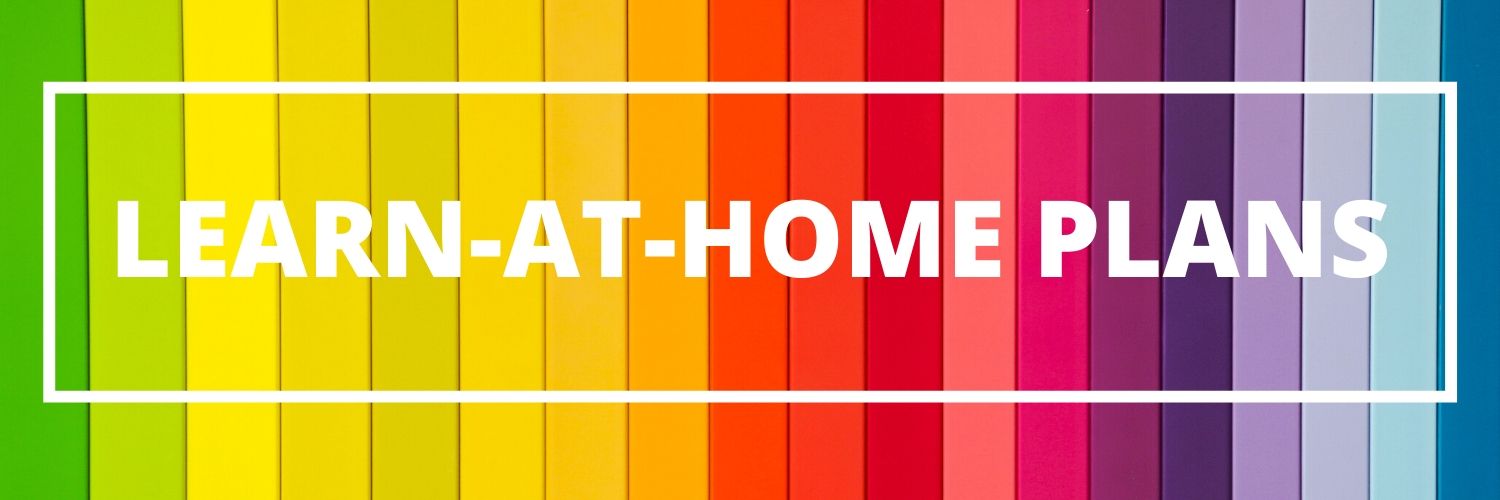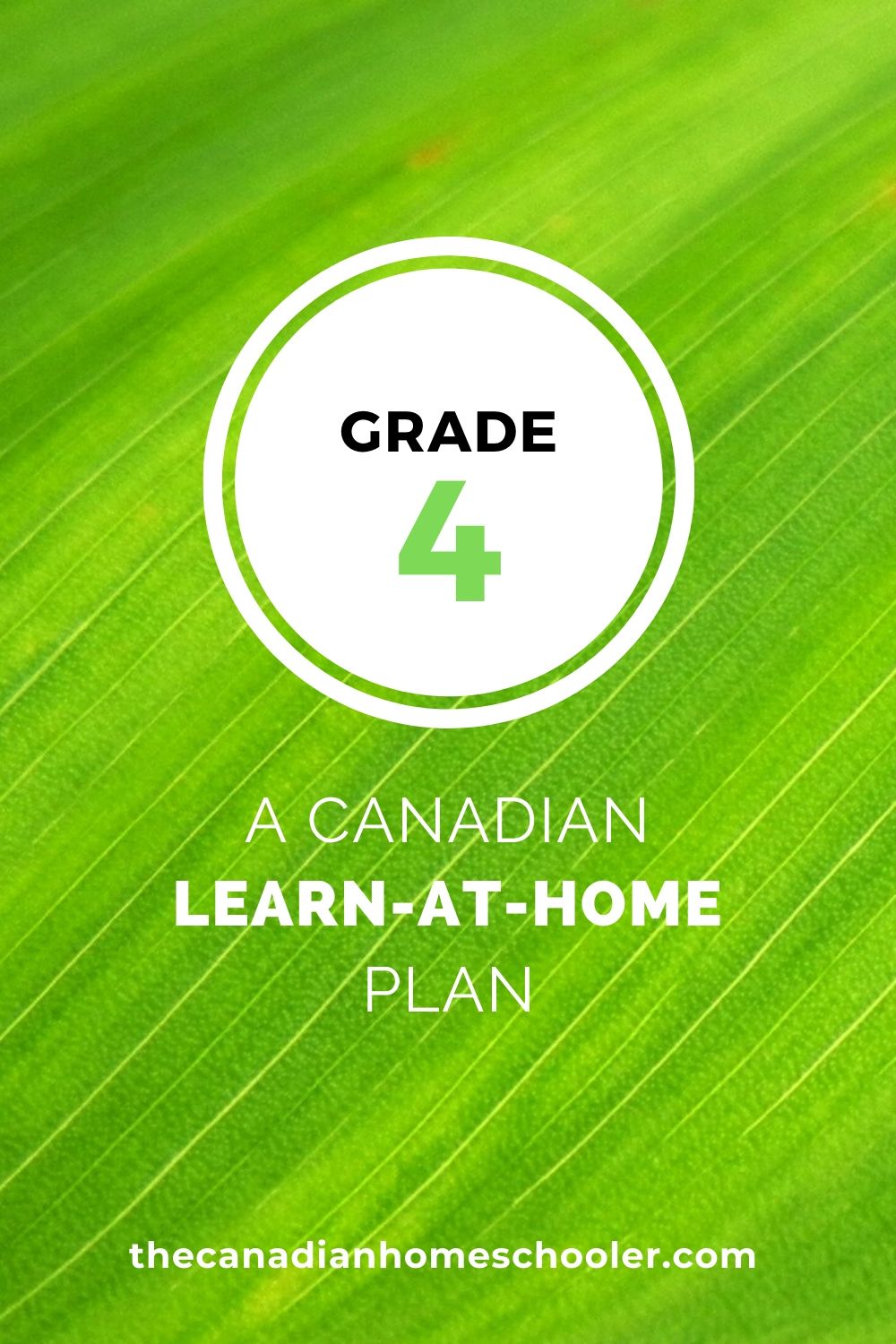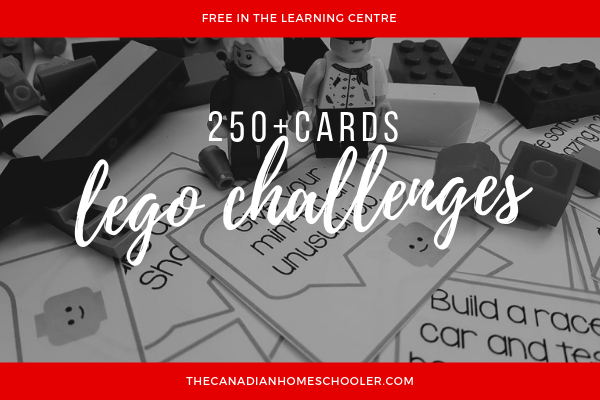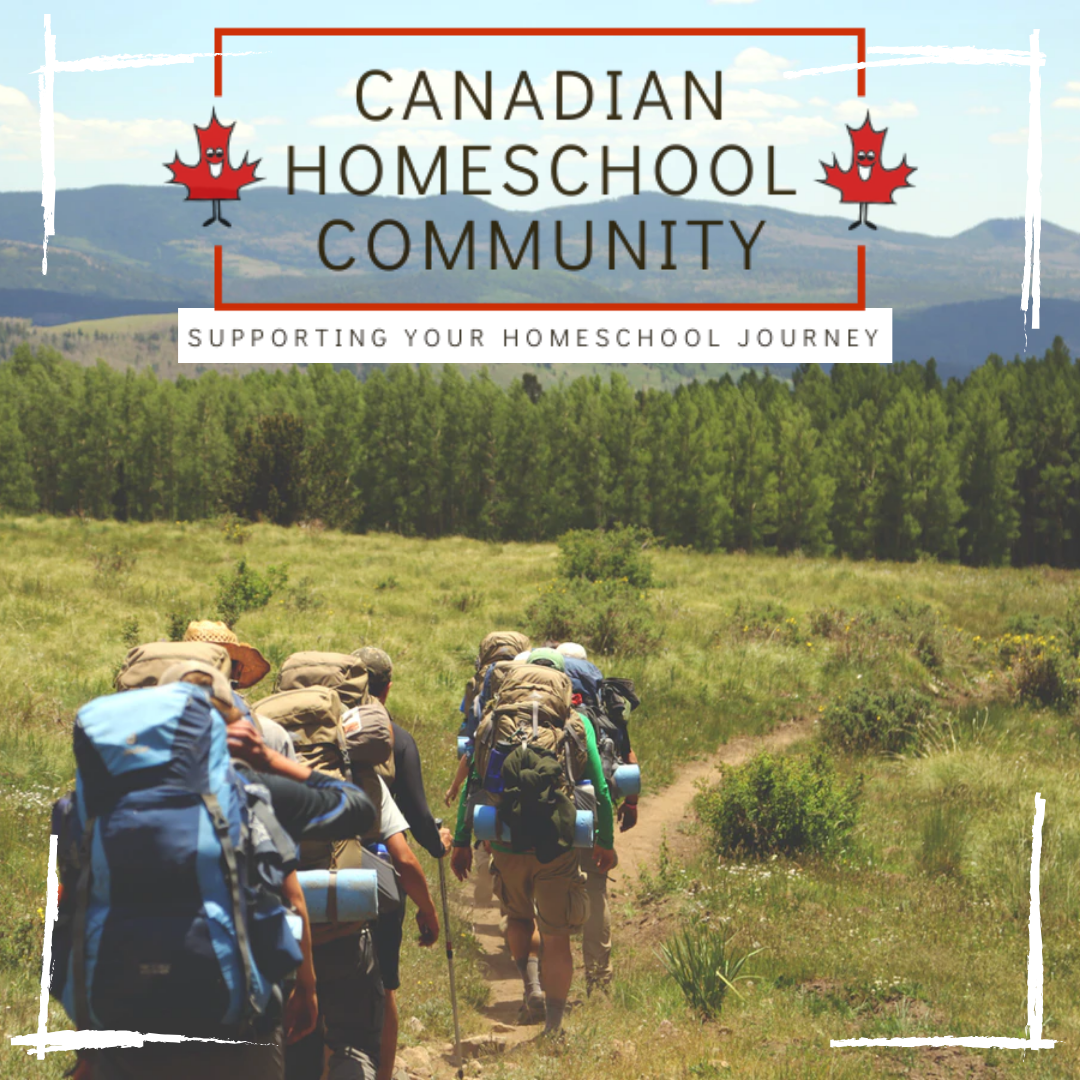
Welcome to Grade 4 Learn-At-Home!
This page is designed to help provide you with resources to teach your child at this level and to give you some confidence as you tackle this adventure. It focuses on the core subjects, but you can add in any extras that you would like to include. The resources listed are based on the various curriculum learning outcomes presented by the provinces and territories.
Remember that learning at home is a different experience than learning in a classroom. You do not (and should not) do seatwork and focused learning for the whole day. Keep your intentional learning times short and engaging. Learning happens outside of that official "school" time just fine. Provide an environment of learning and see what happens!
A typical school year is divided up into 180 days / 36 weeks. Simply make a plan for each week to pull together your homeschool year. Here is a simple schedule.
- EVERY DAY: Math, Language, Reading
- MWF: Science
- T/TH : Social Studies
- Add in art, music, French, health, and phys ed as desired.
For Math, pick a program that will work best for your child and use it a little each day.
For Language, the main sections of a language program are literature, writing, spelling, and grammar. Try to include something for each area over the course of a week.
For Reading, just read with your child. Pick some classic children’s literature and snuggle together to read aloud. Ask lots of questions as you work your way through the book and have them engage in conversation. Let them come up with theories of what’s going to happen next. A fun idea is to pick books that have been made into movies. Read the book, and then follow up with a movie. If your child is an avid reader on their own, make time to have them read to themselves and to you.
For Science, divide the year into unit topics. Most provinces have 4-5 units in the year. That means you have 7 to 9 weeks for each topic, three times a week. (21-27 lessons for each.) Watch related TV shows like Magic School Bus or Bill Nye, play online games, do experiments, and let your child be a natural scientist.
For Social Studies, divide the year into 3 units of about 12 weeks each, two times a week (24 lessons for each.) Some subjects may need more time and that's okay.
You can add in additional subjects as you would like, whether that be an intentional part of learning time or just as extra learning throughout the day.
- For Art, you can do free art time, follow the instructions of someone else (such as the YouTube channel ArtHubForKids), join an art club like KinderArt.com, or use a series of art lessons. You can even just look at various pieces of art and talk about what they see.
- For Music, quiet listening time to different kinds of music from different time periods and different cultures can be a lot of fun. Talk about the instruments they hear, the rhythm and beat, and the speed of the tempo. They can even move their bodies how they think the music makes them feel.
- For Phys.Ed & Health, make sure to get some intentional active time each day to keep moving. Talk about how to be safe in all kinds of scenarios and the importance of proper food.
The main thing? Have fun.
This page contains affiliate links.
MATH
If you would prefer a workbook based math program, consider one of these cost-effective options.
- JUMP Math 4.1 and JUMP Math 4.2 - Teacher Guides are free on their website, but are optional.
- Math Mammoth 4
- Complete MathSmart 4
Here are some fun ways to review and practice math skills.
SOCIAL STUDIES
Want a workbook?
I recommend this Geography of Canada book from Donna Ward / Northwoods Press.
- Early European Explorers Unit: This is a very detailed, class study on explorers and includes everything a teacher needs to teach this unit - worksheets, activities, projects, and more.
- Explorer's Unit Study (Some fun hands-on activities in the first section of this. The worksheets are based on a book, but you can just research the explorers online with your child. There are no Canadian explorers listed in here though.)
- Explorers Make and Take.
LANGUAGE ARTS
- Reading Eggspress (The higher level of the Reading Eggs website)
- Easy Peasy Language Arts 4 (this is a free online homeschool program. It is a faith-based program, although I'm not sure if there are any references to faith in this language program.)
- Daily Grammar
Prefer a workbook or worksheets? Here are a few options.
Here are some ways to add language arts to your day without a curriculum.
- Read books and do a Book Report
- Write a story: Planner from NaNoWriMo | My Story Planner
- IXL
THE ARTS
- Play in the Chrome Music Lab.
- Play some games on Classics for Kids. You can also listen to their podcasts to learn more about classical music.
- Play Charades. Need some ideas? Check out this Charades Generator.
FRENCH
SCIENCE
Just want a general workbook?
(This unit is covered in all provinces and territories other than BC and Alberta.)
In this unit, students explore the different habitats animals live in.
Here are some Parent-Interactive resources. Although most of these are intended for a classroom setting, you can complete most of these lessons and activities at home.
- Habitats Lesson Guide: A set of lessons about habitats and food chains.
- Habitat Means Home: This resource offers a whole selection of "pre-visit" activities from Rivers West. Some of them involve group games, but there are lots of ideas here to learn about habitats.
Here are some Independent Learning Resources.
- Home Sweet Habitat Crash Course Kids Video
- Build a Habitat Game
- The Great Habitat Match-Up Game
(This unit is covered in almost all the provinces except BC.)
In this unit, students explore how light works.
Here are some Parent-Interactive resources. Although most of these are intended for a classroom setting, you can complete most of these lessons and activities at home.
- Light Energy: A Curriculum full of activities to learn about light. Lessons and activities start on page 30.
- Light Reflection and Vision: You might need a 1 month free trial to access this. Watch the video, do the discussion, and try the DIY activity.
Here are some Independent Learning Resources.
(This unit is covered in almost all provinces and territories except Alberta and BC)
In this unit, students explore how sounds works.
Here are some Parent-Interactive resources. Although most of these are intended for a classroom setting, you can complete most of these lessons and activities at home.
- Sound Lesson Guide. I recommend skipping the first chunk of this resource as some of the lessons are confusing or involve materials not available in an average home. Start at the unit from Page 28 on. Learn about pitch, volume, and how ears work.
Here are some Independent Learning Resources.
- Sound Study Jam (video and quiz)
- What is Sound Video
(This unit is covered in all provinces / territories except BC and AB.)
In this unit, students examine different kinds of rocks and minerals, and explore the rock cycle.
Here are some Parent-Interactive resources. Although most of these are intended for a classroom setting, you can complete most of these lessons and activities at home.
- Rocks and Minerals: An Indigenous-focused unit study on rocks and minerals.
- Rocks and Minerals Unit: Designed for a specific class, you might not be able to do every activity in this resource, but there are lots of lessons to choose from. (If you happen to have any chunks of minerals around to examine, there is an activity that will be perfect. Otherwise, you might have to make due looking up pictures on Google!)
Here are some Independent Learning Resources.
In addition to studying habitats, here are resources for the topics covered in Grade 4 in British Columbia.
TRANSFORMING ENERGY
In this unit, students discover that different kinds of energy cannot be created but can be conserved.
Parent-Led Resources
- Forms of Energy: Lesson 1. Lesson 2. This set of lessons gets kids thinking about what different kinds of energy there are in their house and in their world. You build your own rollercoaster/marble run too. 🙂 It uses Bill Nye's Energy episode.
- Conservation of Energy: 7 lessons exploring energy and its conservation.
Independent Resources
CHANGES IN MATTER
In this unit, students explore the states of matter (solid, liquid, gas) and how they can change.
Parent-Led Resources
- Matter - A multi-lesson unit study of matter. The best part? In the last activity - you make homemade ice cream!
Independent Resources
MOTIONS OF THE EARTH AND MOON
In this unit, students study how the moon and Earth move around the sun and each other.
Parent-Led Resources
- Welcome to the Moon: A Middle School Lesson plan. This is a really detailed series of lessons, including a teacher guide, student resource pack, slides and more. There is reference to a NASA video called "Field Trip to the Moon" which I found on YouTube.
- Faces of the Moon: (click on the "Click Here" under the Teacher's Heading). A learning plan to accompany the book Faces of the Moon, this teacher guide has some activities to see how the moon moves around the Earth.
Independent Resources
In addition to Light, Grade 4 units include:
PLANT GROWTH
In this unit, students explore the life cycles of plants from seeds to full-bloom, plus identify parts of a plant.
Here are some Parent-Interactive resources. Although most of these are intended for a classroom setting, you can complete most of these lessons and activities at home.
- Life Cycle of a Plant Unit Study: The Crafty Classroom has a load of great printables. Study the parts of a plant, learn about the life cycle of a plant, sprout some seeds, and plan your own garden (then start growing it!)
- Let's Explore Plants and Soil: The second half of this resource has 10 lessons all about plants. (The first half is about soil - another unit for Grade 3).
- Growth of Plants: This outline shows activities and lessons to do with your child to cover topics in this unit. Look at the right-hand column for the lessons. Don't worry about the "rubrics" or other teacher-related jargon - just focus on the activities. Unfortunately, there are no printables to go with some of the activities, so you will have to make/hand write your own sheets or adapt something if needed.
- Plant Science Interactive Activities: A series of mini-books that you cut out and put into a file folder. Includes experiments.
Here are some Independent Learning Resources.
SIMPLE MACHINES
In this unit, students explore machines like gears, wheels, pulleys, wedges, inclined planes, and screws.
Here are some Parent-Interactive resources. Although most of these are intended for a classroom setting, you can complete most of these lessons and activities at home.
- LEGO Simple Machines Unit: If you have access to different kinds of bricks, this lesson plan gets you hands-on with simple machines.
- Forces and Simple Machines: This is a multi-lesson resource. It is intended for a classroom, but you can adapt to home. Lessons start around page 18.
Here are some Independent Learning Resources.
- Bill Nye: Simple Machines Videos
- Simple Machines Games
- Videos - these are from the old tv show "Eureka." Type the episode you would like to watch in the box at the bottom. Episodes 11-15 are about simple machines.
WASTE MANAGEMENT
In this unit, students discover where trash goes, as well as the importance of recycling and composting.
Here are some Parent-Interactive resources. Although most of these are intended for a classroom setting, you can complete most of these lessons and activities at home.
- Where the Waste Goes: Part 1. Part 2. Looking at your every day trash use, creating your own landfill, and looking at the plastic in the oceans situation.
- Doing the 4Rs: A 24 lesson series on Reducing, Reusing, Recycling, and Rotting.
Here are some Independent Learning Resources.
PHYS.ED & HEALTH
Use activities from GoNoodle to keep active.
- Online Safety with Zoe & Molly. (Parents, I recommend that you look through this first and read the comic/play the games/do the quiz with your children. This is a sensitive topic about kids stumbling onto inappropriate content / interacting with people who ask for inappropriate information online.



